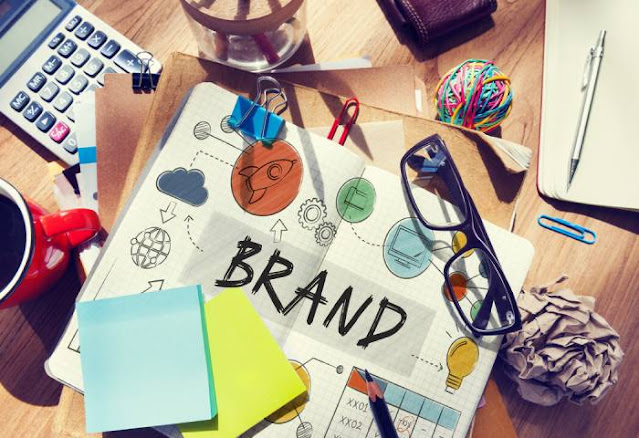Featured
- Get link
- X
- Other Apps
Five Ways AI Could Revolutionize Addiction Treatment

Introduction
Addiction is a complex and universal issue that affects
millions of people worldwide. Traditional approaches to addiction treatment
often involve a combination of counseling, therapy, and support groups.
However, with the quick advancements in artificial intelligence (AI), there is
a growing potential to revolutionize addiction treatment. AI technologies have
the capability to enhance existing methods and introduce novel approaches to
better understand, prevent, and treat addiction. In this thing, we will explore
five ways AI could revolutionize addiction treatment. Read More: prohealthweb
1. Personalized Treatment Plans
One of the key challenges in addiction treatment is the
variability in individual responses to different therapies. AI can consider
vast amounts of data, including genetic information, brain imaging, and
behavioral patterns, to develop personalized treatment plans. By considering an
individual's unique characteristics and responses, AI can optimize treatment
strategies, leading to more effective outcomes.
For example, machine learning algorithms can examine the
genetic makeup of individuals to identify predispositions to addiction or
potential responses to specific medications. This information can guide
clinicians in tailoring treatment plans that are more likely to succeed based
on the patient's genetic profile.
2. Early Detection and Intervention
Early detection of addiction is crucial for successful
intervention. AI-powered tools can analyze patterns of behavior and
physiological data to identify early signs of substance abuse. Wearable strategies,
equipped with sensors and AI algorithms, can monitor changes in sleep patterns,
heart rate variability, and other indicators that may signal the onset of
addiction.
Moreover, natural language processing (NLP) algorithms can
analyze textual data, such as social media posts or electronic health records,
to identify language patterns indicative of substance abuse. This early
detection permits for timely intervention and support, preventing the escalation
of addiction-related issues.
3. Virtual Reality Therapy
Virtual reality (VR) combined with AI has the potential to
create immersive and personalized therapeutic experiences. VR environments can
simulate scenarios that trigger cravings or stressors for individuals in a
controlled setting. AI algorithms can dynamically adjust these scenarios based
on real-time physiological and emotional responses, providing a safe and
controlled space for exposure therapy.
Additionally, AI-driven virtual therapists can provide
continuous support and guidance, adapting their responses based on the
individual's progress and needs. This combination of VR and AI offers a
scalable and accessible way to deliver intensive therapeutic interventions.
4. Predictive Analytics for Relapse Prevention
Relapse is a public challenge in addiction recovery. AI can
play a crucial role in predicting the risk of relapse by analyzing various
factors, including environmental triggers, social interactions, and
psychological states. Machine learning models can process these complex
datasets to identify patterns and generate predictive analytics.
By providing clinicians and individuals with insights into
the factors contributing to relapse risk, AI enables proactive interventions.
This could involve adjusting treatment plans, increasing support during
high-risk periods, or implementing personalized coping strategies to mitigate
relapse triggers.
5. Gasification for Motivation and Engagement
Addiction recovery often requires long-term commitment and
motivation. AI-powered ramification techniques can transform the rehabilitation
process into an engaging and rewarding experience. By incorporating elements of
competition, rewards, and progress tracking, AI-driven gasification can
motivate individuals to adhere to their treatment plans and goals.
For example, mobile applications using AI algorithms can provide
personalized challenges, educational content, and feedback tailored to the
individual's progress. This not only enhances motivation but also fosters a
sense of achievement, contributing to sustained recovery.
Conclusion
The integration of AI into addiction treatment holds
tremendous promise for improving outcomes and addressing the complexities of
this pervasive issue. From personalized treatment plans to early detection,
virtual reality therapy, predictive analytics, and gasification, AI offers a multifaceted
approach to revolutionize how we understand and treat addiction. While
challenges such as ethical considerations and data privacy must be carefully
navigated, the potential benefits of AI in addiction treatment signify a
hopeful and transformative future for those seeking recovery. As technology
continues to advance, the interaction between AI and addiction treatment will
likely lead to innovative solutions that can positively impact the lives of
individuals struggling with addiction.
- Get link
- X
- Other Apps
Popular Posts
Develop Your Own Personal Brand: Marketing Beauty
- Get link
- X
- Other Apps
